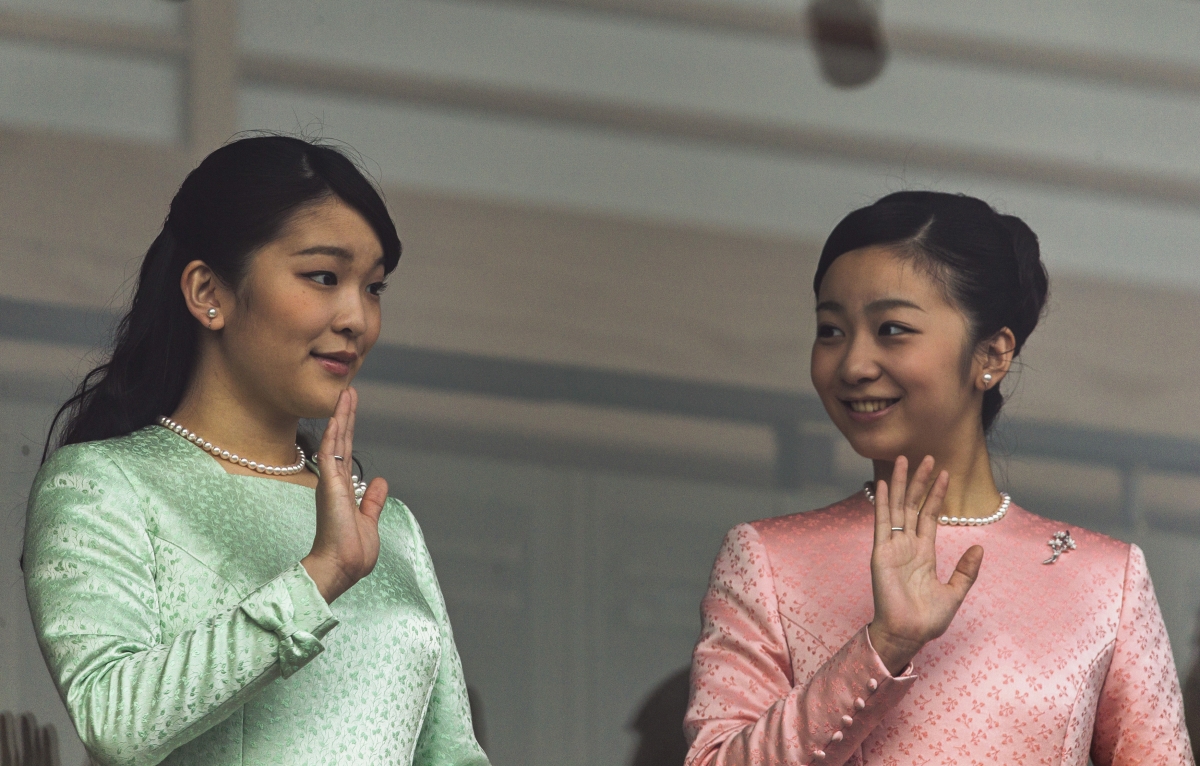
If it is someone else’s this is considered too casual, so instead ご主人 ( go shujin ) or 奥 ( oku )さん are used instead.Īny children that you have with your spouse also have their own rules as one’s own children are 息子 ( musuko ) (son) and 娘 musume (daughter).

If it is your own husband/wife, you may refer to him/her as 夫 ( otto ) or 妻 ( tsuma ), respectively. To further complicate things for married learners, when you refer to wives or husbands the words change. Therefore even if your little sister/brother marries a much older person, that person is referred to as a 義理の弟 ( giri no otōto ) (little brother-in-law) or 義理の妹 ( giri no imōto ) (little sister-in-law) because they are married to your younger brother/sister. One of the fascinating things about this is that foreign people who marry into a Japanese family are referred to based on the family member that they married and not their own age. While this change makes things easier to say, it does cause a lot of confusion. So if it is someone else’s family, お姉さん and お兄 ( o nī )さん are usually used, but the reading changes to 姉 (あね) and 兄 (あに) when referring to your own family. For example, when referring to an older sister or older brother, the Japanese respectful forms come out. So far, so easy, right? However, even here there are some pitfalls that the unsuspecting learner can plunge into. The same rule can also be used with uncles and aunts whereby おじさん becomes おじ and おばさん becomes おば. Thus 弟 ( otōto )さん and 妹さん become just 弟 and 妹 respectively. So while 妹 (さん is respectful, it is a little too polite to refer to my own sister.Īs a rule, you should simply remove -さんto talk about your brother and/or sister. Of course, I now know what the problem was generally any address ending with -さん is usually used to refer to someone in another group.


Something about what I was saying was clearly wrong, but I couldn’t for the life of me think what it was. However at this point, I could see that the other teacher was a little uncomfortable. As the person talking to me was using words like 妹 ( imōto )さん to ask me questions, I assumed that I should reply in a similar way. After getting the self-introduction out of the way, the conversation changed to questions about my family. I can still remember my first day at work as a teacher in Ishikawa.


 0 kommentar(er)
0 kommentar(er)
